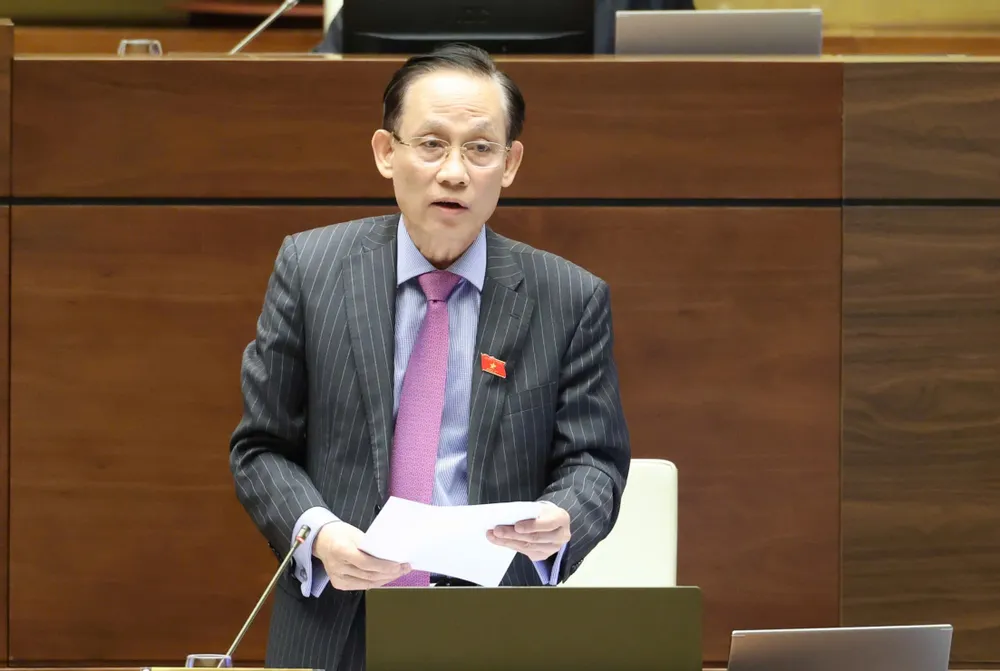
The draft resolution is built with the goal of removing, researching, and handling difficulties, creating favorable conditions and breakthroughs to maximize the use of external resources and favorable conditions to build an independent, autonomous, self-reliant, self-reliant, fast-growing and sustainable economy ; contributing directly and effectively to the implementation of the country's strategic development tasks until 2030 and 2045.
The draft focuses on three major policy groups. First, mechanisms to deepen relations with partners, especially neighboring countries, major countries, traditional friends and international organizations. Notably, it proposes allowing provincial People's Committees to establish representative offices in key locations around the world to serve the locality's international integration needs. This is considered a step to expand the province's foreign affairs space, in line with the increasingly strong competition to attract investment and international links.
Second, emphasize the central role, subject, driving force and main force of enterprises in the integration process.
The third group of policies focuses on improving the quality of human resources, including supporting 100% of the salary according to the current coefficient of those working in foreign affairs and regular integration in the entire political system; allowing experts, scientists, and people proficient in rare foreign languages to receive 300% of their salary according to the salary coefficient...
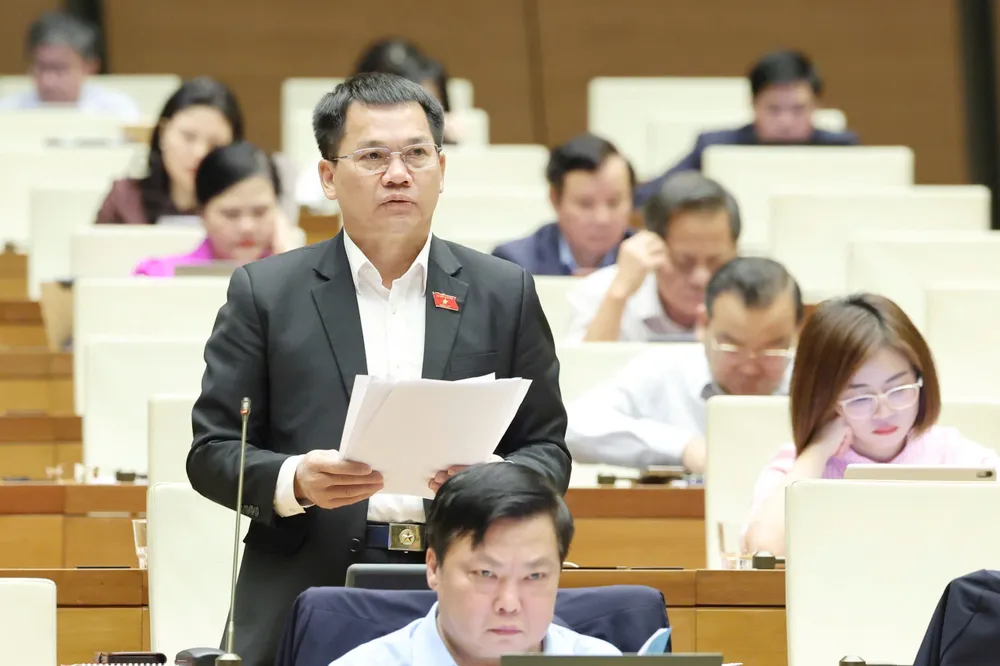
Commenting on the proposal to allow provincial People's Committees to establish representative offices in some key locations around the world, Deputy Duong Khac Mai (Lam Dong) agreed with the policies for localities to proactively expand international cooperation. However, the capacity of some localities is still limited, so it is necessary to specify this content more clearly; it is necessary to clearly stipulate that only localities with capacity can open representative offices abroad to avoid formality, dispersion, and inefficiency.
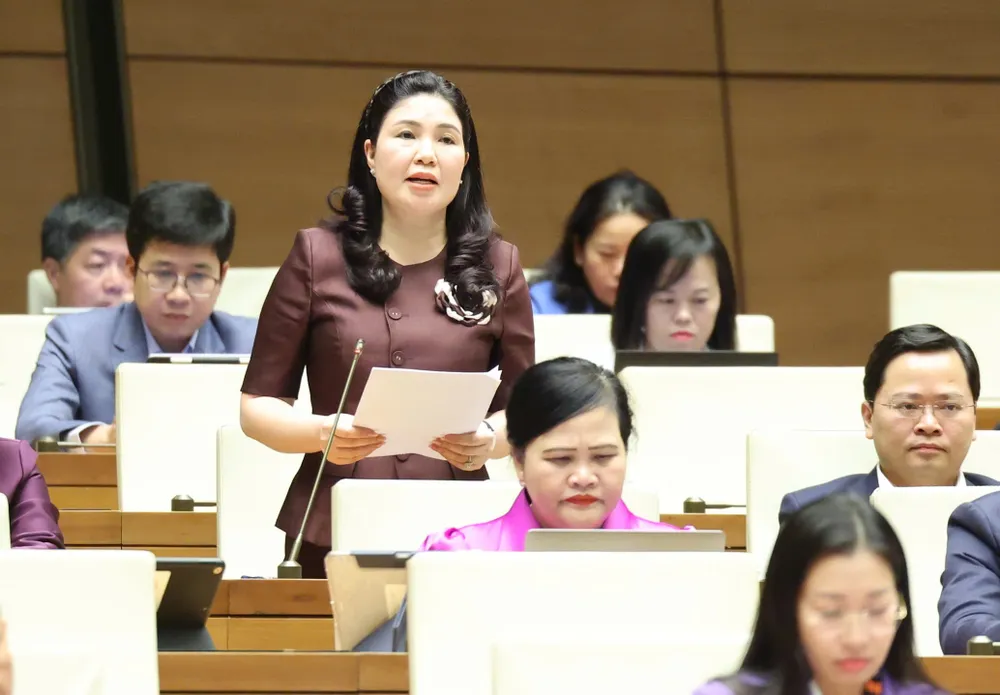
Delegate Pham Van Hoa (Dong Thap) also said that this is necessary but must be calculated for effectiveness. Not every province has a representative office and not every country should establish one. Priority should only be given to key countries, markets, and border provinces.
“It is necessary to clearly define criteria to ensure that the establishment is focused, key and effective. For border provinces, it is necessary to promote relations with neighboring localities. The State needs to provide financial support for provinces to promote local foreign affairs, foreign affairs of the front and organizations in promoting people-to-people diplomacy,” proposed Deputy Pham Van Hoa.
Delegate Tran Thi Van (Bac Ninh) also said that it should only be done as a pilot to ensure effectiveness, because according to the Delegate, even countries that are investing heavily in Vietnam, not all countries have representative offices in the locality.
Deputy Tran Hoang Ngan (HCMC) also agreed to pilot the establishment of local representative offices abroad; agreed to increase state budget support for border provinces. The Deputy also said that foreign relations are especially important, so it is necessary to invest in infrastructure for Vietnamese representative agencies abroad, commensurate with Vietnam's position in the international arena.
Deputy Chu Thi Hong Thai (Lang Son) also agreed that the budget should support localities in the border areas, which are disadvantaged provinces, to carry out border diplomacy activities to promote cooperation with localities of neighboring countries, promote border trade, ensure national security and defense, and maintain national sovereignty. The Deputy also proposed a special mechanism to support the team performing foreign affairs tasks in border areas to retain cadres and employees.
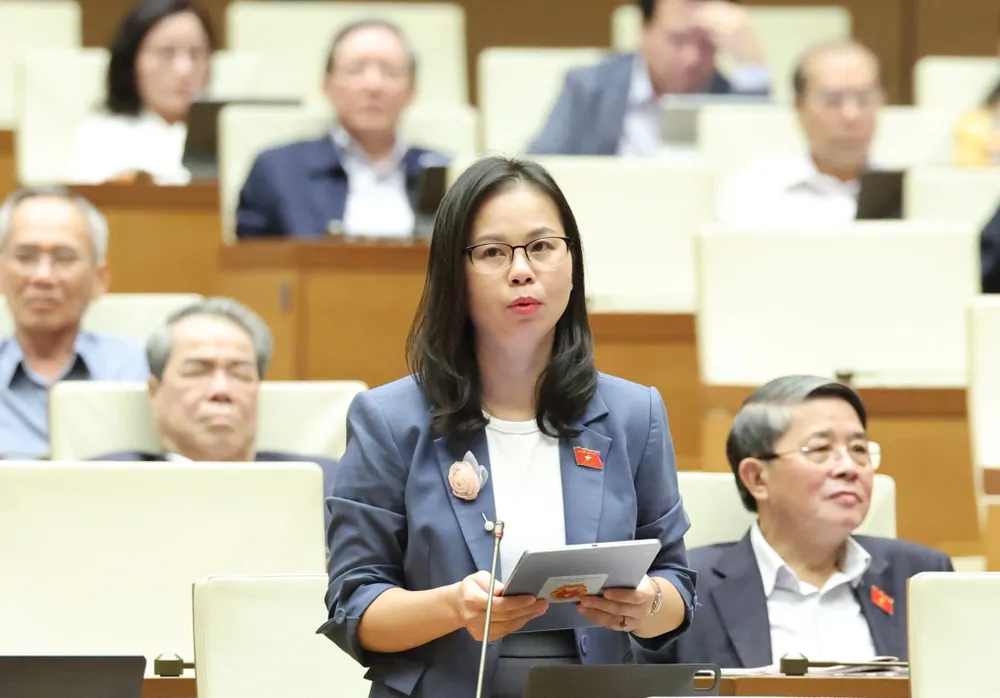
Deputy To Ai Vang (Can Tho) said that people and laborers living and working in border areas should be added to the scope of regulation so that they can enjoy special mechanisms and policies, because they are the "soft power" that contributes significantly to maintaining national sovereignty and promoting international integration in border provinces.
Opinions agreed on special incentives for cadres working in foreign affairs, but suggested clarifying the criteria and not applying them widely, as this is a special policy and must be implemented for the right subjects. Delegate Tran Hoang Ngan proposed to have additional policies for overseas Vietnamese who collaborate and contribute to Vietnam's foreign affairs.
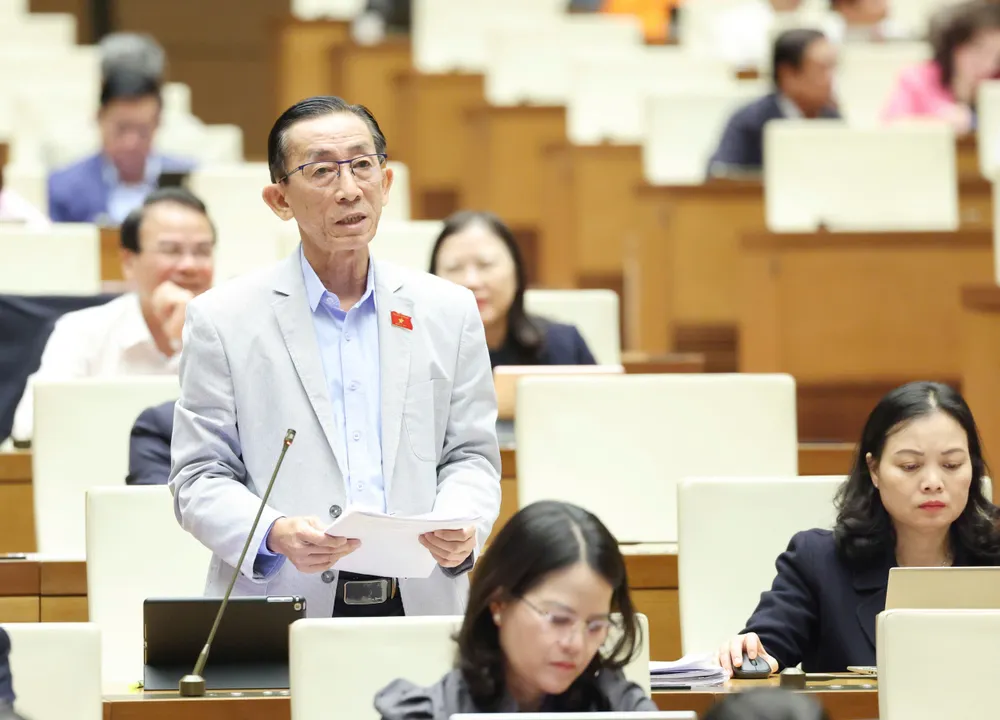
Deputy Tran Quoc Tuan (Vinh Long) said that this resolution is like a new coat to bring foreign affairs to a new level, but suggested that it only be implemented until mid-2028 and then summarized, not extended to 2030; it is necessary to monitor the implementation of special mechanisms.
Speaking about the establishment of representative offices of localities abroad, Minister of Foreign Affairs Le Hoai Trung said that the draft resolution has a mechanism to facilitate localities to do so, it is not mandatory. The Minister said that localities will strictly implement it, it cannot be opened indiscriminately.
Regarding policies for people in border areas, the Minister emphasized that each person is a border marker, and people in that area have also enjoyed a number of policies, but they are not included in this resolution.
Source: https://www.sggp.org.vn/mo-van-phong-dai-dien-o-nuoc-ngoai-phai-tranh-hinh-thuc-kem-hieu-qua-post825562.html






![[Photo] Prime Minister Pham Minh Chinh chairs the 15th meeting of the Central Emulation and Reward Council](/_next/image?url=https%3A%2F%2Fvphoto.vietnam.vn%2Fthumb%2F1200x675%2Fvietnam%2Fresource%2FIMAGE%2F2025%2F11%2F27%2F1764245150205_dsc-1922-jpg.webp&w=3840&q=75)
![[Photo] President Luong Cuong attends the 50th Anniversary of Laos National Day](/_next/image?url=https%3A%2F%2Fvphoto.vietnam.vn%2Fthumb%2F1200x675%2Fvietnam%2Fresource%2FIMAGE%2F2025%2F11%2F27%2F1764225638930_ndo_br_1-jpg.webp&w=3840&q=75)
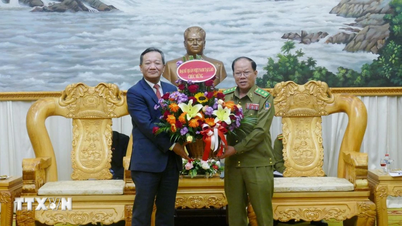

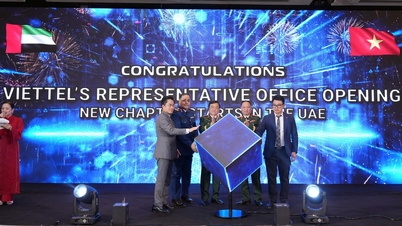

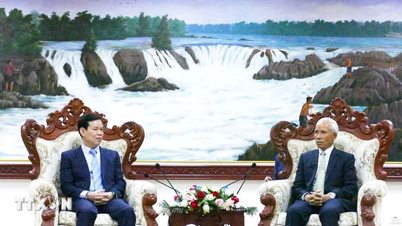
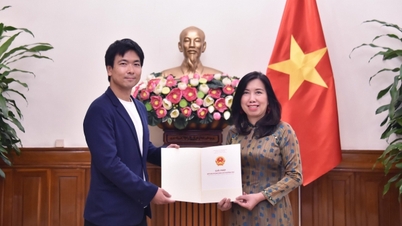

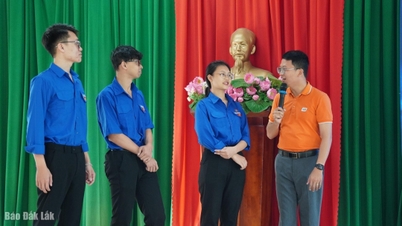

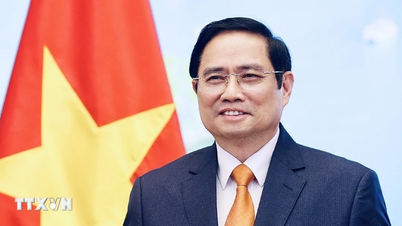
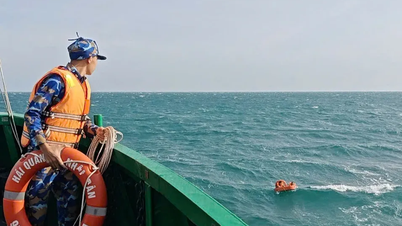

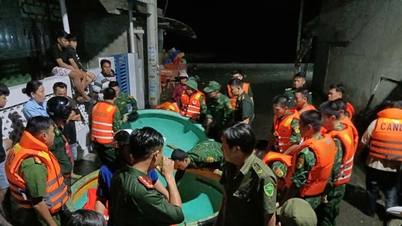

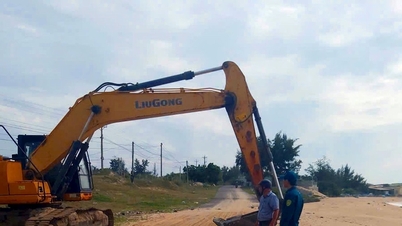
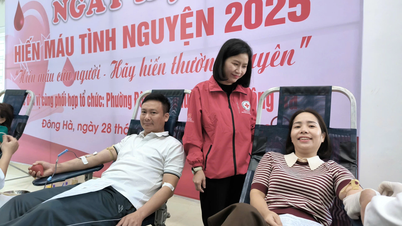

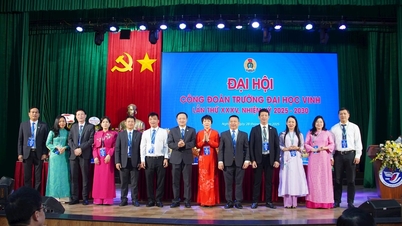






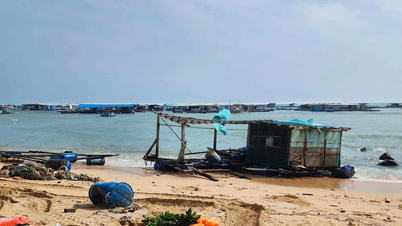
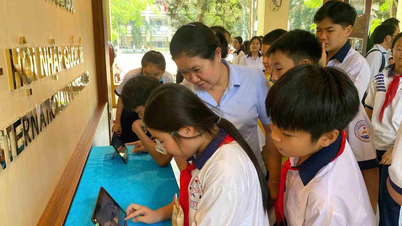
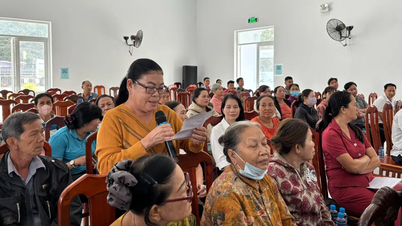

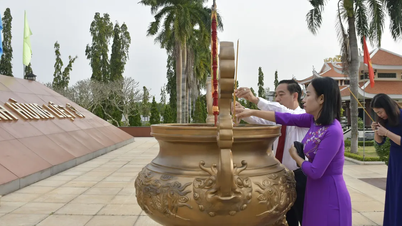







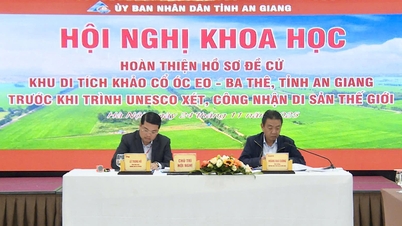





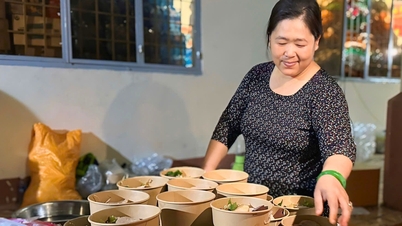

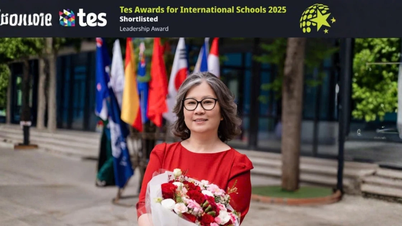
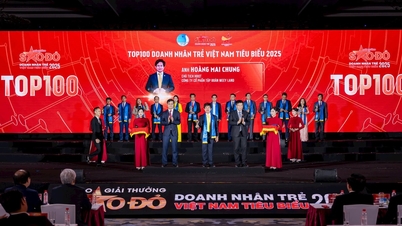


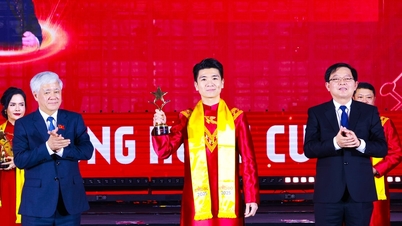
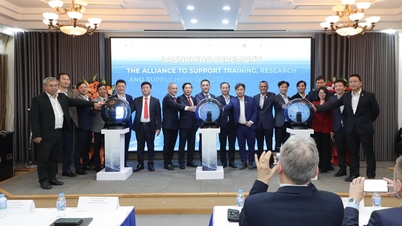



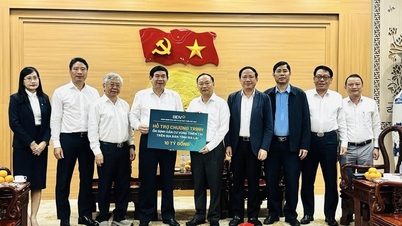

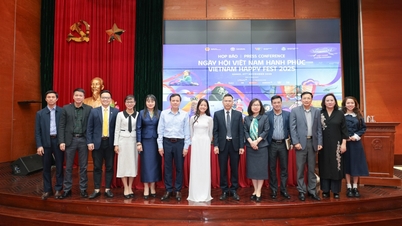















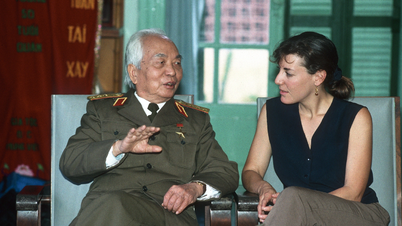

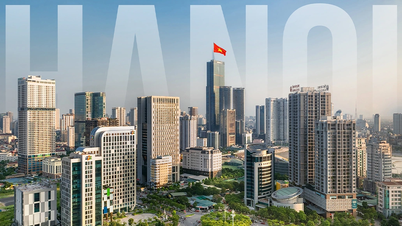
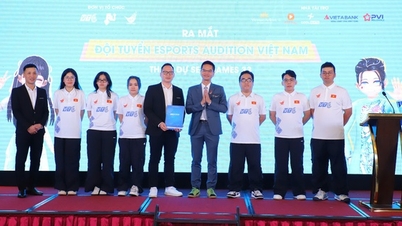


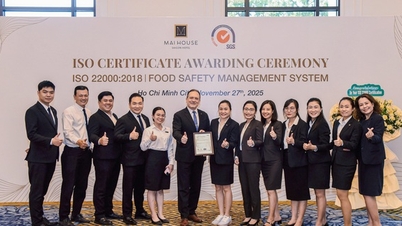
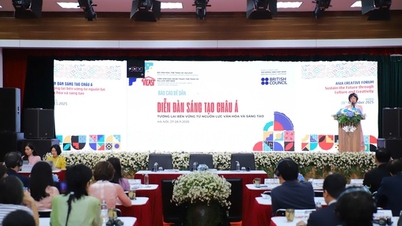
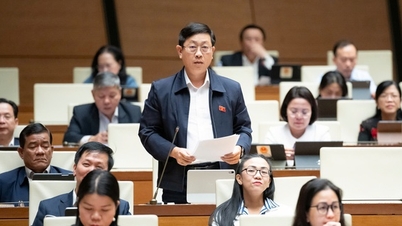
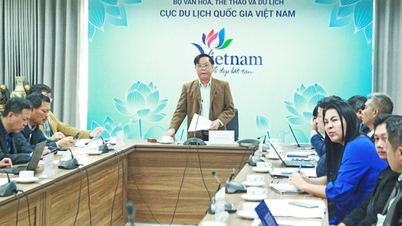
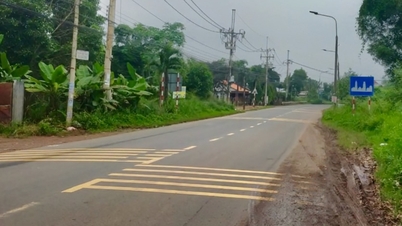

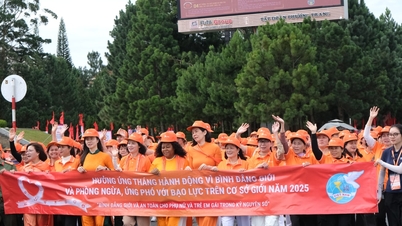
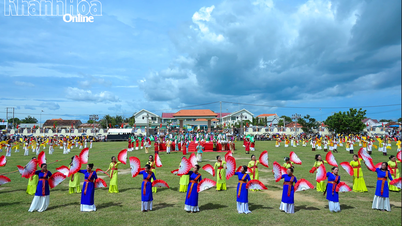















Comment (0)